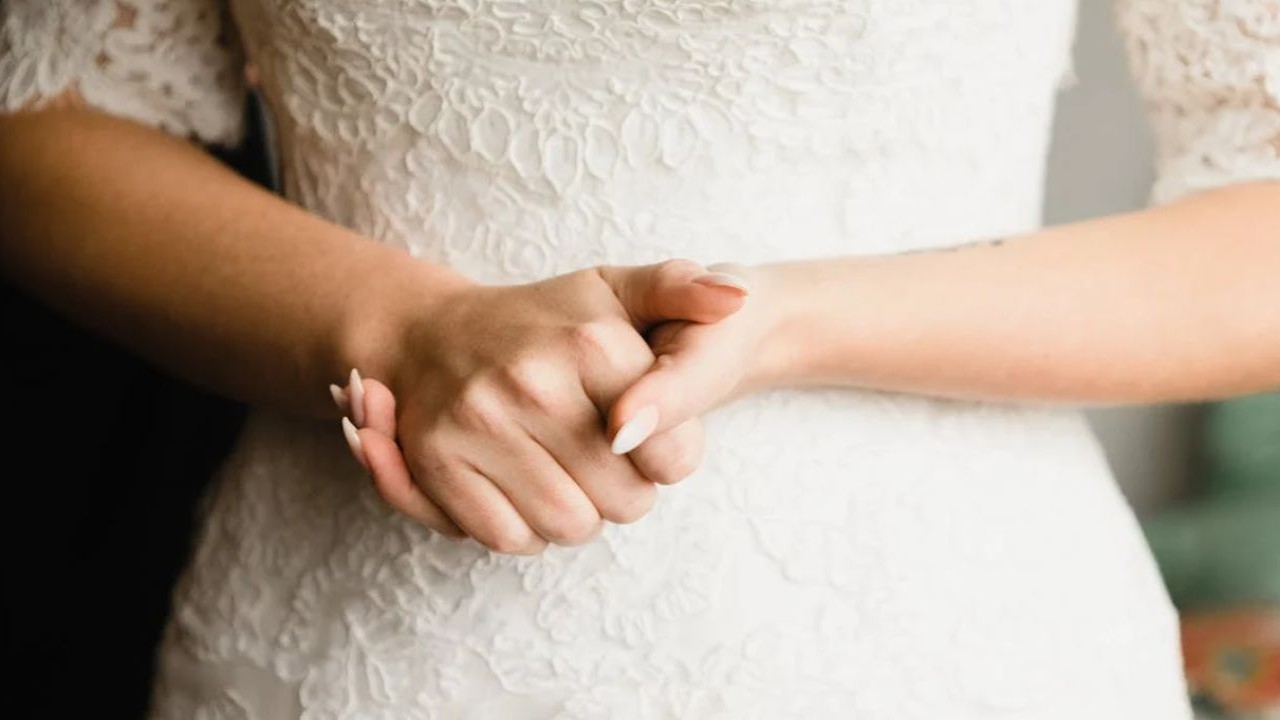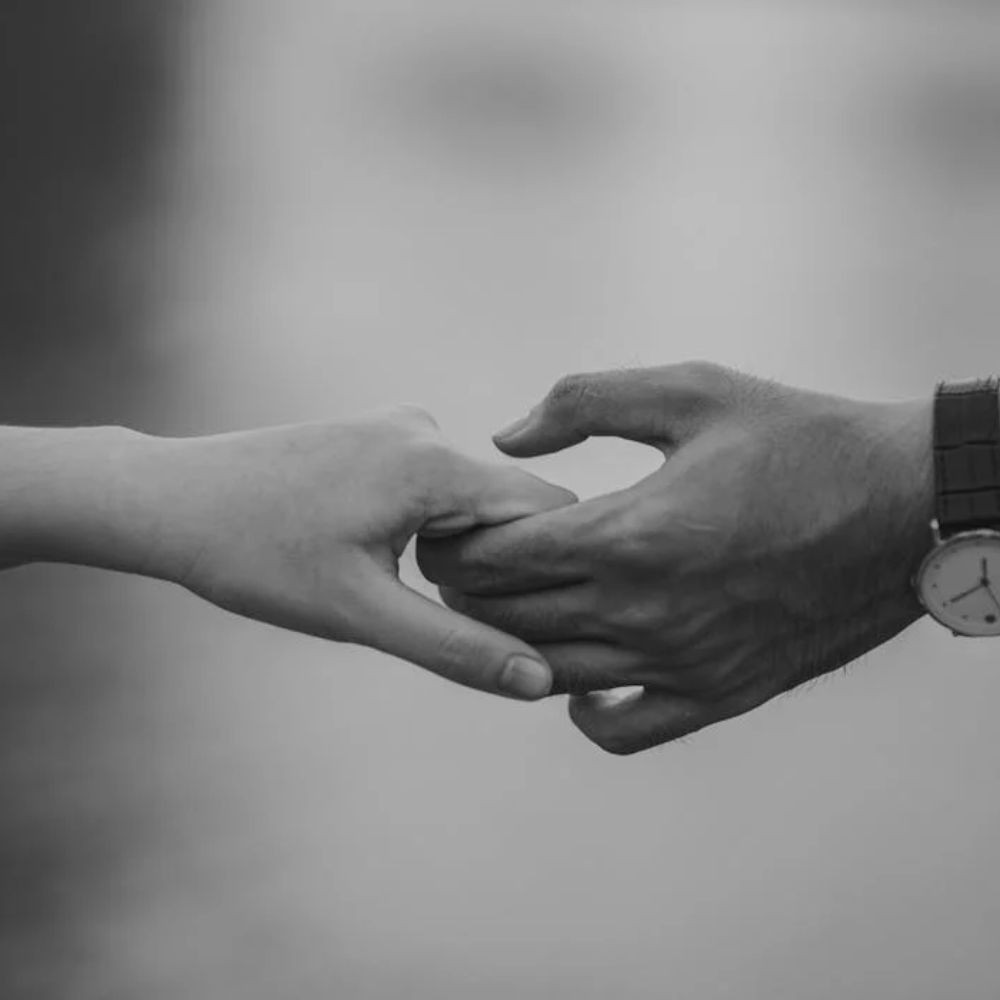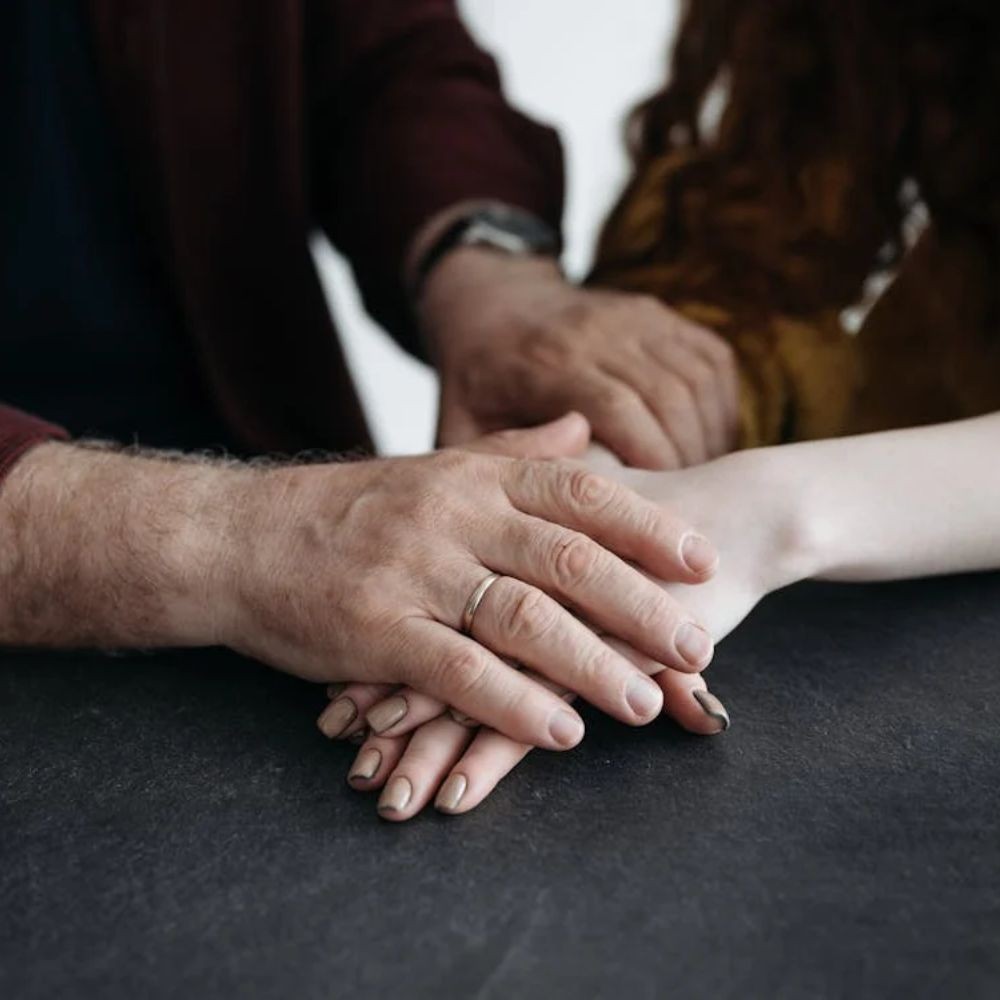Cold Feet Before Wedding: Common Signs And Steps to Take
Having cold feet before your wedding? Read on to learn why some of us experience this, what it means, and what are some things you can to do ease the tension!

Romantic comedies and cheesy TV shows can paint a very different picture of cold feet than what they are in reality. They are not always an indicator to call off a wedding! According to psychologists, having cold feet before a wedding is common and fairly normal behavior. In some cases, they are more like a Google Meet notification before an important work meeting or lightheadedness before an important exam. In other cases, they are a strong indicator of calling it quits before making a bad decision. So, what is cold feet exactly and what does it say in your case? Read on to understand this better.
What Is Cold Feet?
Cold feet, in common vocabulary, is a type of marriage anxiety, which makes a person experience overwhelming doubts and fears about getting married.
Thanks to its representation in media, people often believe that someone experiencing cold feet would show obvious signs of reluctance and doubt, or be sure about not wanting to marry their partner.
However, cold feet can also manifest in less overt ways such as general irritability. One may find themselves fixating too much on petty things they wouldn’t typically care about, such as the flower arrangements.

The following are some signs that a person might be getting cold feet.
Signs of Cold Feet Before Marriage
1. Sleeplessness
2. Changes in appetite
3. General irritability
4. Irrational thoughts
5. Poor libido
6. Avoiding conversations about the wedding
7. Avoiding interactions with one’s partner
8. Arguing unreasonably with one’s partner
9. Second-guessing petty wedding decisions
10. Ruminating over one’s past relationships
11. Thoughts about eloping
Why Do People Get Cold Feet Before the Wedding?
1. Doubts About Compatibility:
When experiencing cold feet, it is normal to have your mind gushing with thoughts about whether you and your partner are even good for each other. You may start thinking about your differences or even recollect all the times when you two fought.

2. Unresolved Feelings:
You may have ignored some red flags or potential dealbreakers in your partner while you have been together. Maybe you bottled up feelings of resentment or insecurity with your partner, which are now beginning to resurface. When people experience cold feet, they often try to justify their impulsive desire to escape the situation by diving deep into past events.
3. Self Doubt:
People who have witnessed their parents’ unsuccessful marriage or have personally not had much success with relationships may doubt their role as spouses. This can be yet another cause for anxiety before marriage.
4. External Pressures:
Chances are that no matter how close you have been with your partner, the decision of getting married wasn’t entirely yours. Perhaps, it was due to familial pressure, age, financial reasons, your partner’s insistence, or other factors such as an unprecedented pregnancy. In such situations, getting cold feet can make you rethink getting married so that you can feel confident and more in control of your decision.

5. Fear of Commitment:
Perhaps the sheer idea of spending your whole life with just one person seems too restrictive and unnatural to you. Perhaps, you’ve never witnessed your parents having a happy marriage or have had tough luck in your own past relationships. Hence, even if you love your partner a lot, you may be experiencing cold feet due to a fear of commitment.
Read More: 120+ Questions to Ask Before Marriage And Know Your Partner Better
6. Unrealistic Expectations:
Maybe the idea of commitment itself isn’t that absurd for you. However, to be able to commit, you have an exceptionally long checklist for things you want in your partner and marriage.
Perhaps, you’re expecting that marriage should mean you’ll never get lonely, never have a fight/argument, never disagree, or always stay in the honeymoon phase where everything about your relationship seems new and exciting. In such situations, getting cold feet is natural.

Okay, so now that we’ve discussed why you might get cold feet before the wedding, let’s understand what can be done to resolve the issue.
Things to Do If You Get Cold Feet Before the Wedding
Cold feet can be something you can experience weeks or days before the wedding, or can manifest as pangs of anxiety on D-day. So, the steps you take to ease the tension would highly depend on the position you’re in and the time left before the wedding. The following are some measures you may consider.

1. Identify the Root Cause:
List out the specific concerns you’re having about your marriage. Is it related to compatibility, finance, commitment, or something else? If you can, write down your thoughts on a piece of paper to get more clarity on the matter.
2. Contemplate If You Find These Feelings Familiar:
Have you always felt an urge to quit or escape a big life decision? This could’ve been related to a job, higher education, or something else in your past. If the answer is yes, chances are that your cold feet is a result of the magnitude of marriage as a concept, and not because you regret your decision.
If there has ever been a time in your past when you’ve met with a similar situation of anxiety, but have felt grateful for it later on, try to remember how that felt. Then, ask yourself if your anxiety about getting married has anything to do with that.

3. Weigh the Pros And Cons of Marrying Your Partner
If you can arrange for a pen and something to write on, make two columns listing out the pros and cons of marrying your partner. Be honest with yourself and don’t shy away from listing out points that may seem insensitive or selfish if you mentioned it to someone in a conversation.
For instance, financial prosperity can go under pros whereas the dislike for your partner’s specific family member can go under cons. Jot down as many points as you can think of; don’t brush off anything.
After you’re done listing out all you could think of, ask yourself whether you would love your partner anyway, despite the odds. You don’t have to give an idealistic answer to this question — honesty is the only ideal here! If the answer is yes, your cold feet may have been a false alarm anyway. If the answer is no, it may still not mean that you should stop seeing your partner, but instead, wait till you feel absolutely sure about taking the relationship to the next step (more on that below).

4. Recognize Unrealistic Expectations:
We cannot stress this enough. Don’t think that your feelings about your partner or the wedding should be the same as they were in your favorite romantic comedy. It is important to spot any unrealistic expectations that you may be having as they can strip you of the happiness that real life has to offer!
5. Talk to a Trusted Friend:
When in doubt, reach out to a friend or family member whom you trust immensely. Often times, such people can give us more clarity than we can find ourselves.

6. Be Honest with Your Partner:
If you’re getting cold feet days or weeks before the wedding, it may be a good idea to discuss your anxiety directly with your partner. Perhaps you’re worried that you’ll never be going on any more first dates, meeting new people romantically, having another wedding, or lasting forever in the honeymoon phase.
Chances are that your partner, too, is feeling the same anxiety about things but is more thrilled about the fact that they are getting married to you. Nipping the anxiety in the bud can help relieve your distress while also bringing you closer to your partner.

7. Take a Break from All the Wedding Planning Activities:
If you’re confusing your pre-wedding jitters for cold feet (read ahead to learn the difference), the overwhelming load of wedding planning activities can worsen the situation. Hence, try to take time off to rejuvenate and trust that your friends, family, and wedding planner will take care of everything while you catch a breather.
Read More: 35 Questions to Ask Your Wedding Planner for Your Dream Day
8. Stay in the Present Moment:
If you’re someone who lives in the future (we mean mentally and not in the context of time-traveling) staying in the moment through the preparations of such a huge life change can be exhausting. This can keep you in a bad mood and prevent you from soaking in all the positive vibes and excitement around your wedding.

9. Think About Why You Decided to Get Married:
You might be having cold feet now, but there was a reason why you agreed to get married in the first place. You’re not here, in this position, out of the blue. So, ask yourself this question — what was the reason you decided to get married to this person? Contemplating the reason behind wanting to marry them can bring you a lot of clarity.
Having discussed the above solutions, we’d like to let you know that not all marriage anxiety would be categorized as cold feet. There’s a difference between that and pre-wedding jitters. Let’s understand their difference below.
The Difference Between Cold Feet And Pre-wedding Jitters

Cold feet is anxiety about the marriage whereas pre-wedding jitters is all about anxiety about the wedding.
The former makes you doubt your relationship with your partner. The latter makes you worry about the pressures from people around you as well as the major life change you’re embarking on.
The former makes you think about the various red flags or compatibility issues with your partner. The latter makes you ruminate over things such as wedding expenses and whether everything is going as planned.
The former may make you worry if you’re ready to take your relationship to the next level with your partner. The latter may make you worry if you’re ready to embrace newer relations and the changing dynamics with your existing family, friends, and relatives.
The former might make you want to break things up with your partner. The latter might make you want to elope with your partner.
Having said that, both cold feet and pre-wedding jitters are very normal and don’t necessarily indicate that you need to call off the wedding. In fact, psychologists suggest that having some anxiety before a big life decision such as marriage is healthy as it shows that a person is considering many factors and is not taking the decision lightly. Moreover, it may be odd if a person does not experience any anxiety at all.
When Does Cold Feet Mean That You Shouldn’t Get Married?

You’ll get the answer to this question after you make a pros and cons list as mentioned above. The bottom line is whether you love the partner and are willing to commit to them.
However, there’s another layer to this. In some cases, a person may love their partner and be willing to commit but are simply not comfortable with the time they’ve decided to get married. Or, they may be comfortable with a long-term live-in relationship but don’t want to believe in the institution of “marriage”. Such concerns must immediately be discussed with one’s partner. If your relationship is strong enough, chances are you will continue being together even after calling off the wedding.
If you feel that you are unable to vocalize your concerns to your partner as you think they would not understand where you’re coming from, it is a major lack of communication. In this case, calling off the wedding would be the right decision to prevent a marriage that has been built on the foundation of miscommunication.
Another reason why you may want to reconsider your decision to marry is when your anxiety becomes too paralyzing. That is to say, it disrupts several aspects of your life such as work, education, family relations, friendships, self-care, etc. This could be a sign of a deeper issue with the relationship.
Anxiety is an important part of one’s emotional well-being before embarking on a major life change, and cold feet before one’s wedding is no exception to this. Cold feet can be caused by numerous factors and is not necessarily an indication of your relationship with your partner. By identifying the root cause of the problem, you can navigate this issue more effectively and make the best decisions for your life. A word of advice we’d like to give you is that weeks or months before getting married if you have any doubts or unresolved feelings, make sure you discuss them with your partner right away and not brush it off. This can save you much distress in the future. We hope this article helps.





 JOIN OUR WHATSAPP CHANNEL
JOIN OUR WHATSAPP CHANNEL













































